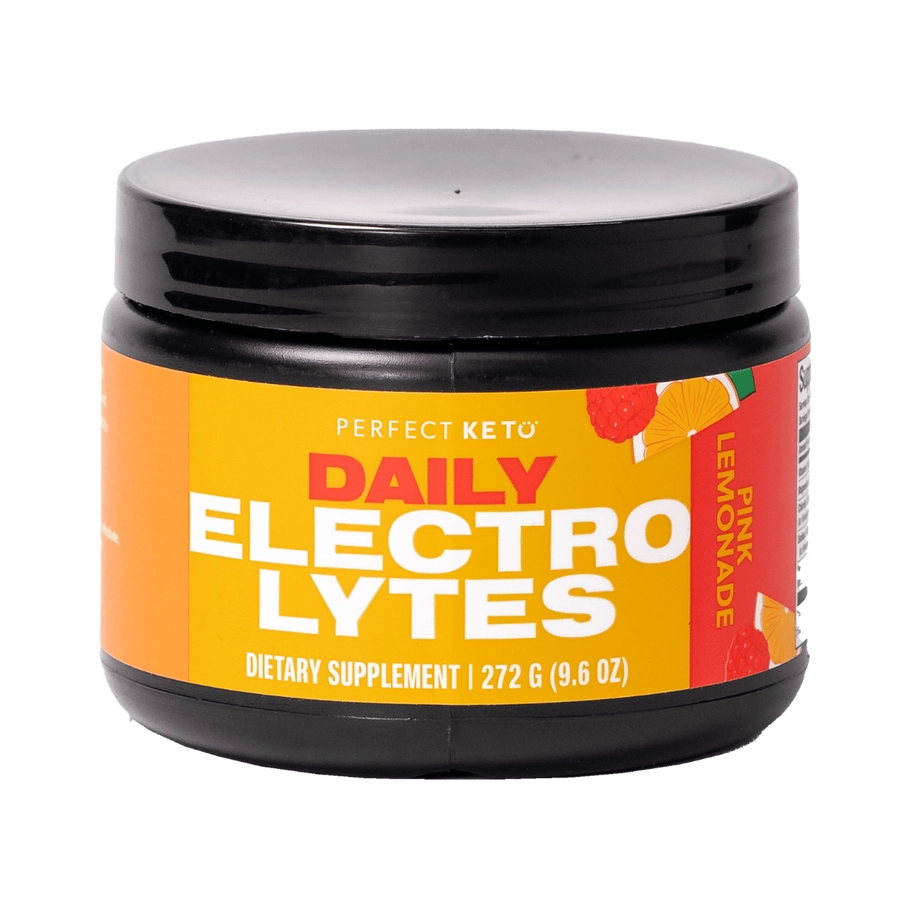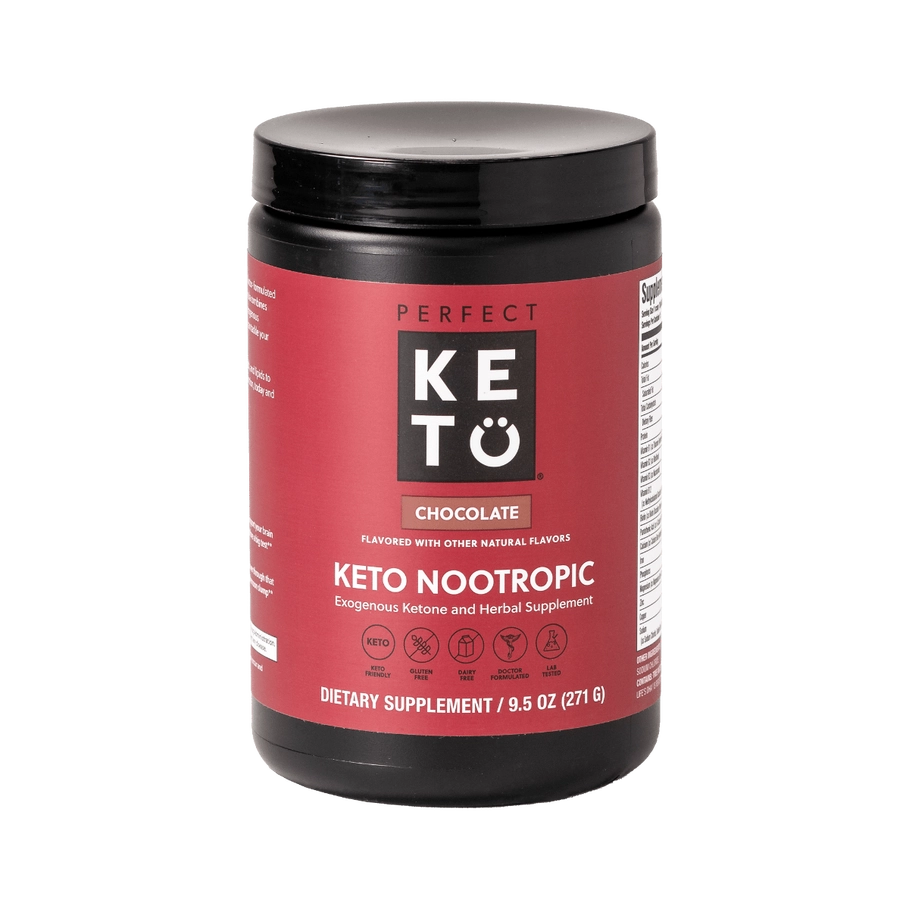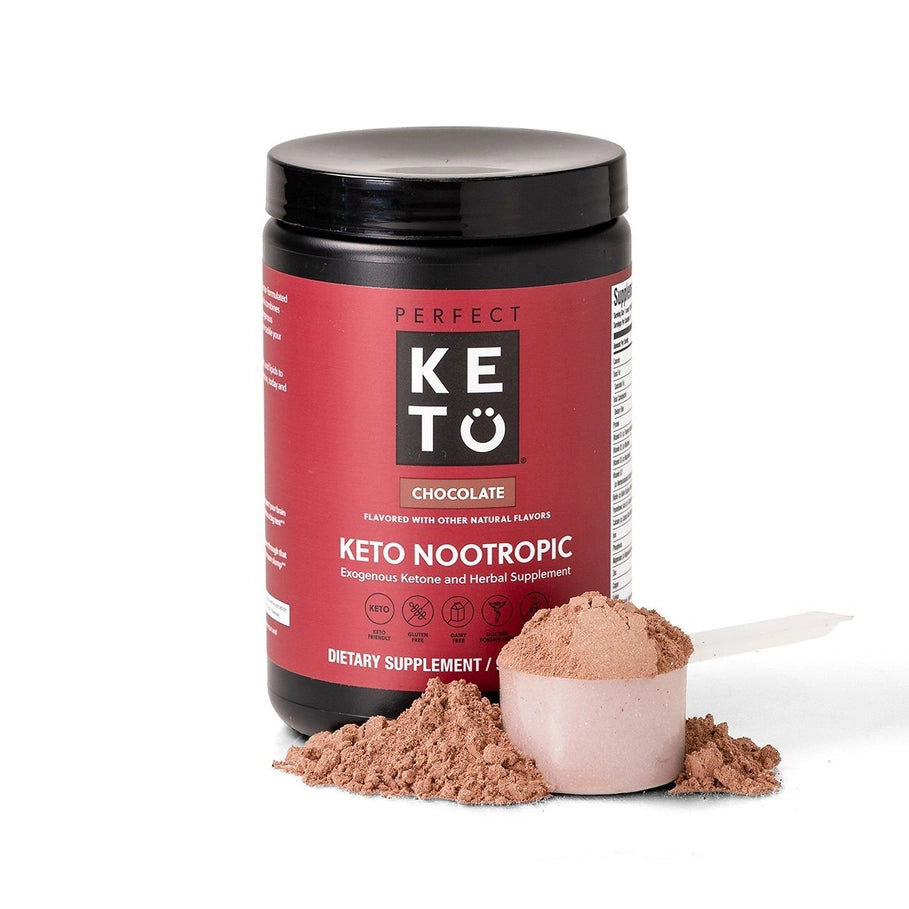
The Role of Lupin Beans in Low Carb and Keto Diets
Why Lupin Beans Nutrition Facts Will Surprise Keto Dieters in 2025
Lupin beans stand out with their impressive nutrition profile. These legumes contain just 5 grams of net carbs per half-cup serving, which makes them a perfect match for keto dieters. The beans' unique quality comes from having all nine essential amino acids, and that makes them a complete protein source for anyone following a ketogenic lifestyle.
Lupini beans deliver 16 grams of protein per 100 grams and pack 3 grams of dietary fiber. A typical keto diet limits carbohydrate intake to 20-50 grams daily, which makes these powerful legumes an excellent choice. Their growing popularity among people who follow a low-carb lifestyle makes perfect sense.
Check out our Chef's Kiss Keto Pasta made with lupin beans, a total game-changer—packed with protein, fiber, and flavor!
The Revolutionary Nutritional Profile of Lupin Beans
Lupin beans are among the highest protein-containing legumes, with 40% protein by dry weight [1]. These beans have a complete amino acid spectrum and contain all nine essential amino acids [2].
You can see lupin beans' protein quality in their amino acid makeup. These legumes are rich in:
-
Leucine (7.05-9.34% of total amino acids)
-
Lysine (3.63-7.66% of total amino acids)
-
Phenylalanine (4.75-6.41% of total amino acids) [3]
Lupin beans stand out from other legumes because of their unique fiber-to-carb ratio. They have less than 10% carbohydrates [1] but pack 30% fiber content [1]. This makes them different from typical legumes. The fiber breakdown shows 80-90% is insoluble, and the rest is soluble fiber [3].
These beans' micronutrient profile adds to their nutritional value. Each serving provides essential minerals like iron at 4.4mg [4], magnesium at 198mg [4], and zinc at 4.8mg [4]. The beans are also rich in B-vitamins, with folate meeting 89% of the Daily Value [5].
Lupin beans have very little starch [6], which explains their low glycemic index. Cellulose makes up 79% of the insoluble dietary fiber [7]. This composition works well especially when you have to watch your blood sugar levels.
Breaking Down the Science Behind Lupin's Keto-Compatibility
Clinical trials have revealed some fascinating findings about how lupin affects blood sugar control. A randomized cross-over study showed that lupin protein reduced postprandial blood glucose by 54% in the first 60 minutes after eating [8]. The results were even better than whey protein, with blood glucose levels dropping much lower at the 20-minute mark [8].
Lupin's special protein, gamma-conglutin, is a vital part of keeping your body in ketosis [9]. This protein turns on insulin signaling pathways that help create glycogen and move glucose into muscle cells [9]. This means lupin can help control blood glucose levels without big insulin spikes, which makes it perfect for people on keto diets.
Lupin beans stand out from other legumes in several ways:
-
2-3 times more protein and fiber than regular legumes [10]
-
Very low glycemic index of <10, while other legumes range from 20-40 [10]
-
Just 1-4% carbohydrates compared to 15% in regular legumes [10]
The sort of thing I love about lupin is how it affects fullness and metabolic health. Research shows that foods with lupin made 83% of people feel fuller [10]. Studies also point out that lupin's protein makeup helps control blood sugar better, with 56% of research showing improved glucose regulation [10].
Lupin protein's high bioavailability [11] works together with its fiber content to boost metabolic health. This combination helps maintain steady energy levels while keeping you in ketosis, which makes lupin beans an excellent choice for keto meals [12].
Emerging Research on Lupin Beans Benefits
Recent research shows exciting findings about how lupin beans affect human health. Clinical studies show these legumes greatly influence gut microbiome composition and diversity [13].
New studies on gut microbiome effects
Lab tests show that lupin beans help beneficial bacteria grow. They boost populations of Bifidobacterium and Faecalibacterium [13]. This improved microbiome creates more short-chain fatty acids that support intestinal health [14]. Lupin beans' fiber works as a prebiotic that feeds good gut bacteria and boosts immune system function [15].
Weight management potential
Research shows impressive results for weight management through lupin consumption. Studies found that incorporating 40% lupin flour into bread helped participants feel fuller longer. They ate less at their next meals [16]. Lupin beans' unique mix of protein and fiber creates a strong feeling of fullness. Research shows:
-
83% of studies reported better feelings of fullness [1]
-
25% of participants lost weight without trying [1]
-
64% showed better serum lipid profiles [1]
Anti-inflammatory properties
Scientists at the Spanish National Research Council and CSIRO found beta-conglutin, a protein family unique to narrow-leafed lupins, works as a key anti-inflammatory compound [7]. This protein reduces inflammatory responses at multiple stages [7]. Lab studies confirm that lupin protein hydrolysates lower proinflammatory cytokines, including TNF, IL-6, and IL-1β [17]. These anti-inflammatory properties help with various chronic conditions. Research shows notable drops in nitric oxide production and improved survival of human THP-1-derived macrophages [17].
Future Trends in Lupin Bean Applications
Lupin beans are revolutionizing plant-based nutrition as food manufacturers worldwide create innovative products. Companies now develop:
-
Lupin-based liquid egg alternatives with neutral flavor
-
Plant-based dairy products enriched with lupin protein
-
Keto-friendly pasta containing 26 grams of protein per serving [18]
-
Fermented lupin products to boost protein absorption [19]
Innovative food product developments
Food technologists recognize lupin's versatility in product formulations. Wide Open Agriculture has developed revolutionary technology to produce lupin concentrate powder with neutral flavor [20]. German companies have created plant-based liquid eggs using sweet lupin that works just like chicken eggs but contains 50% fewer calories [20].
Medical research directions
Medical researchers continue to study lupin's potential health benefits. Research shows that lupin protein isolates affect endogenous cholesterol metabolism [21]. Clinical trials reveal positive changes in 71% of studies measuring blood pressure, 83% measuring satiety, and 64% measuring serum lipids [1].
Market growth predictions
The global lupin market shows strong growth potential. Market analysts expect the industry to reach USD 44.81 billion by 2032 [3], with a steady CAGR of 3.3% [3]. North America's lupin market, valued at USD 25 million in 2023, anticipates substantial growth [22].
Protein concentrates alone generated USD 35.4 million in 2023 [22]. Consumer awareness about health benefits will accelerate this growth through new product launches and strategic collaborations between companies [3]. This market expansion lines up with the growing popularity of vegan diets and changing priorities, especially where people seek alternatives to traditional protein sources [3].
Conclusion
Lupin beans definitely stand out as a game-changing ingredient for keto dieters. They pack an impressive mix of high protein, low carbs, and complete amino acid profile. Scientific evidence strongly supports their role in blood sugar control and ketosis maintenance, making them perfect for anyone on a low-carb lifestyle.
These powerful legumes deliver benefits far beyond simple nutrition. Studies show they boost gut health, help with weight management, and fight inflammation. Food manufacturers worldwide have noticed these benefits and now create state-of-the-art lupin-based products. You'll love our new collection of Keto Pasta from Chef's Kiss made with Lupin Beans.
The market outlook for lupin beans shows promise in plant-based nutrition's future. Their versatility in food applications and growing consumer awareness point to continued growth through 2032. Our research shows that lupin beans provide a rare mix of health benefits that line up perfectly with keto dietary needs while promoting overall wellness.
FAQs
Q1. Are lupin beans suitable for a ketogenic diet? Yes, lupin beans are keto-friendly due to their low net carb content. With only 2.7 grams of net carbs per 1/4 cup serving, they can be incorporated into a ketogenic diet when consumed in moderation.
Q2. What makes lupin beans unique compared to other legumes? Lupin beans stand out due to their high protein content (40% by dry weight), complete amino acid profile, and exceptionally low carbohydrate content (1-4%). They also have a very low glycemic index of less than 10, making them distinct from traditional legumes.
Q3. How do lupin beans affect blood sugar levels? Lupin beans have been shown to reduce postprandial blood glucose levels significantly. Their unique protein composition, particularly gamma-conglutin, helps regulate blood glucose without causing substantial insulin spikes, making them beneficial for blood sugar control.
Q4. What are the potential health benefits of consuming lupin beans? Lupin beans offer various health benefits, including improved gut health by promoting beneficial bacteria growth, weight management through increased satiety, and anti-inflammatory properties. They may also support better blood pressure regulation and improved serum lipid profiles.
Q5. How is the lupin bean market expected to grow in the coming years? The global lupin market is projected to reach USD 44.81 billion by 2032, with a steady growth rate. This expansion is driven by increasing consumer awareness of lupin's health benefits, rising demand for plant-based proteins, and innovative product developments in the food industry.
References
[1] - pmc.ncbi.nlm.nih.gov
[2] - pmc.ncbi.nlm.nih.gov
[3] - businessresearchinsights.com
[4] - foodstruct.com
[5] - en.wikipedia.org
[6] - nutritionadvance.com
[7] - particle.scitech.org.au
[8] - frontiersin.org
[9] - sciencedirect.com
[10] - skinnybik.com
[11] - perfectketo.com
[12] - drjoelkahn.com
[13] - tandfonline.com
[14] - researchgate.net
[15] - foodtolive.com
[16] - glnc.org.au
[17] - sciencedirect.com
[18] - foodbusinessnews.net
[19] - vegconomist.com
[20] - vegconomist.com
[21] - sciencedirect.com
[22] - gminsights.com

















